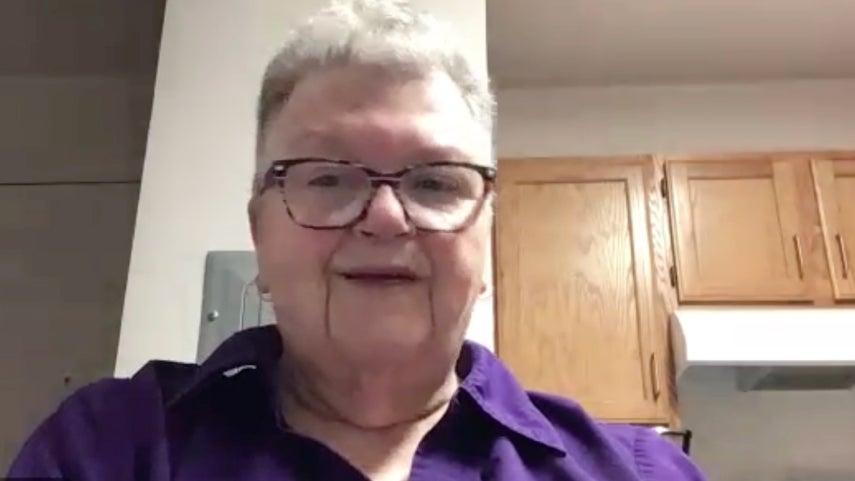
Are nonprofits allowed to advocate? The answer is YES!
Often, members of the aging network confuse advocacy with lobbying—then quickly shy away from any activities that might jeopardize their nonprofit status or the federal funding they receive. Nonprofits can also lobby, if they’re mindful of the rules.
Regardless, there are many ways nonprofits can advocate to improve policies, programs, and services for older adults—without lobbying and the rules and recordkeeping associated with it.
Why does advocacy matter?
When done effectively, advocacy influences public policy by providing a means for individuals and organizations to voice an opinion.
These efforts can, in turn, sway public support, garner press coverage, and ultimately provide policymakers an opportunity to respond to constituents’ needs.
Advocacy vs. lobbying: What’s the difference?
Advocacy is the process of stakeholders making their voices heard on issues that affect their lives and the lives of others at the local, state, and national level. It also means helping policymakers find specific solutions to persistent problems. Most nonprofits can and do engage in significant advocacy to achieve their goals.
Lobbying, on the other hand, involves activities that are in direct support of or opposition to a specific piece of introduced legislation. While nonprofits can engage in some lobbying, the IRS has strict rules about what portion of their budget can go toward these activities. There are also prohibitions on the use of federal funds for lobbying, as well as a range of rules at the state level.
Examples of advocacy vs. lobbying
Advocacy
- Telling your member of Congress how a federal grant your organization received has helped your constituents.
- Educating a member of Congress about the effects of a policy on your constituency.
- Inviting a member of Congress to visit your organization so that he/she may see firsthand how federal funding or a policy affects day-to-day operations and the difference it makes.
Lobbying
- Asking your member of Congress to vote for or against, or amend, introduced legislation.
- Emailing a “call to action” to your supporters urging them to contact their members of Congress to request activity on introduced legislation or pending regulations.
- Preparing materials or organizing events in support of lobbying activities.
How can you be an advocate?
You can be an advocate by educating policymakers about the needs of your organization and the people you serve, and developing a relationship in which you are trusted voice on policy issues and a helpful resource for Congressional casework. You also can organize supporters on issues of importance and educate a wider audience about your accomplishments. Some examples include:
- Emailing or calling your elected officials.
- Organizing meetings or site visits with your legislators and their staff.
- Making your views known to policymakers and your community through traditional and social media.
Keep in mind that these activities cross the line into lobbying if they call for action on introduced legislation or a pending regulation.
Effective advocacy is a mix of:
- Identifying the right audience (the policymaker).
- Having a persuasive message (clearly stating what you want to achieve and how it relates to the policy).
Visit our Action Center for current messages. - Including an individual or local perspective (telling a story).
Get our 10 Tips to Harness the Power of Stories.
Learn more about what nonprofits can—and should—do
The information provided by NCOA on this page is not intended to serve as comprehensive IRS or other legal guidance. State laws and private and public grant requirements create unique restrictions and opportunities for each organization. Please consult these resources to learn more about how to lobby and advocate.
Bolder Advocacy, a program of Alliance for Justice
- Resource Library includes information on lobbying, state laws, and tools for effective advocacy
- Rules of the Game podcast, including Lobbying Series Part 1 – Introduction to Lobbying
National Council of Nonprofits
- Everyday Advocacy tips
Internal Revenue Service Charities and Nonprofits Resources
- Lobbying resources


